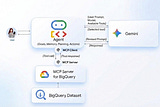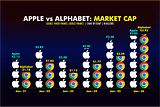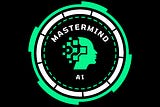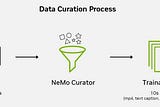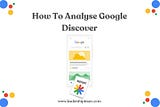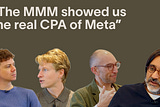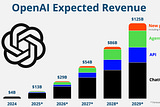I have thoughts on this and it’s basically an essay itself haha.
The internet had a fundamental misunderstanding of quiet luxury from the start and then it became co-opted by influencers and brands. Social media made quiet luxury (a lifestyle) into an aesthetic to be commodified, but in the process lost touch with the entire point of the concept.
Quiet luxury is about quality materials, tailoring, and ethical production (partially by pushing back against endless trend cycles, disposable clothing, and fast fashion). It’s also heavily inspired by the lifestyle of the elite: golf, university, classic architecture, pre-1960s movie stars, cultural institutions, etc..
When TikTok got a hold of it, they ran with the aesthetic, but not the actual lifestyle. H&M and Zara will never be quite luxury because their brands are inherently incompatible with those values.
You didn’t see JFK Jr., Carolyn Bessette, Ayrton Senna, Princess Diana, and Alain Delon wearing labels, but their fashion transcended just being unbranded.
An example of “IYKYN luxury” (which I believe is -actual- quiet luxury) is J. Press, which was the go-to clothing brand for East Coast university students, members of social clubs, and eventually the choice of many politicians. It was the Ivy Legue style before Ralph Lauren turned the style of clothing into a more mainstream branded aesthetic. Fast fashion brands imitating Ralph Lauren are cheap copies of a branded copy of the real thing (J Press).
What’s unfortunate is that the collective overcorrection now has people associating anything resembling the old money aesthetic negatively. The only way to truly achieve that concept is embracing the lifestyle itself instead of simply copying the visuals while not actually engaging with the value system.

